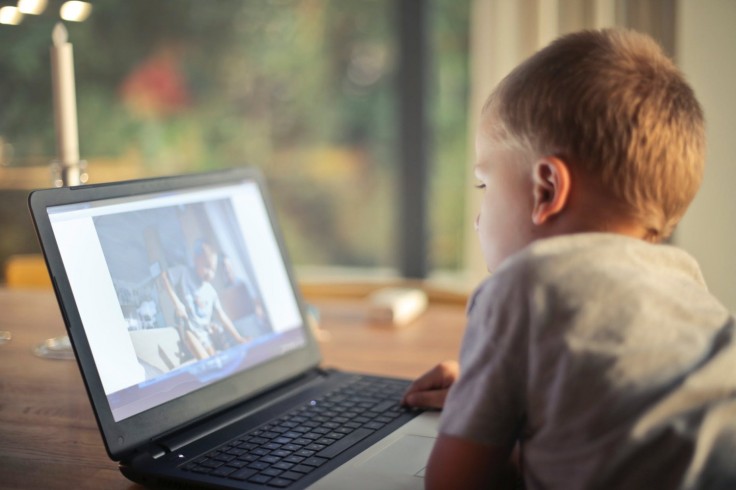
Parents already know about the dangers of too much screen time for their children. If they can access their phones, computers, and laptops easily, it can lead to a disrupted sleeping pattern, bad eyesight, academic problems, behavior problems, and obesity. You may have set limits on your child's gadget use, but did you know that the usage of those technological gadgets is not the only one that can cause them harm?
What is secondhand screen time?
Indirect health hazard has been discussed by researchers for years, the only thing that changes is the source of the hazard. Years ago, we were warned about the dangers of secondhand smoking on children, nowadays it is secondhand screen time. According to Nicole Beurkens, Ph.D., a clinical psychologist at Qustodio, children who are cared for by adults who spend too much time on their devices can mirror the behavior, so as they grow they are more prone to being addicted to gadgets.
Beurkens explained that when children are exposed to too much screen time, it can lead to behavioral problems. Children have a natural tendency to show more acting-out behaviors, especially when their parents or guardians spend more time with their devices. This is the only way that children can get their parent's attention, even though it usually ends up being negative instead of positive.
Using your device often, especially when you are with your children, can send the message that your phone or computer is more important than them. This can lead to a bad relationship between parent and child in which communication becomes rare, self-esteem decreases and emotional issues are heightened.
How much screen time is too much?
It is important that parents limited their child's screen time, and they should also limit their own screen time especially when their child is around. According to Beurkens, the American Academy of Pediatrics has posted guidelines for screen time and it showed the appropriate screen for children, from infancy through their teenage years.
Young children should have very limited exposure to devices and if they do need to watch videos or TV, they should only be exposed to high-quality shows. Once they get into preschool years, the guideline is that they can use their laptops, computers or the TV at least one hour a day and they should only watch high-quality shows that are monitored by their parents.
As soon as they reach grade school, they can spend two hours on their devices. As they grow and enter junior high and high school, they will have their own phones and laptops, this is when you need to ensure that they focus on activities that do not involve their devices. You can encourage them to sign up for extracurricular activities or sports.
Monitoring your child's screen time will take a lot of time and effort, especially once they are teenagers and they have their own devices. But what is more challenging is setting an example and cutting down your own screen time. It is more tricky since you need your devices for work and to complete other tasks. What you can do as a parent is to make sure that there is a period in your day wherein you are not using your devices and you are focused on your child. This can show them that even though you are busy, they still have your undivided attention.